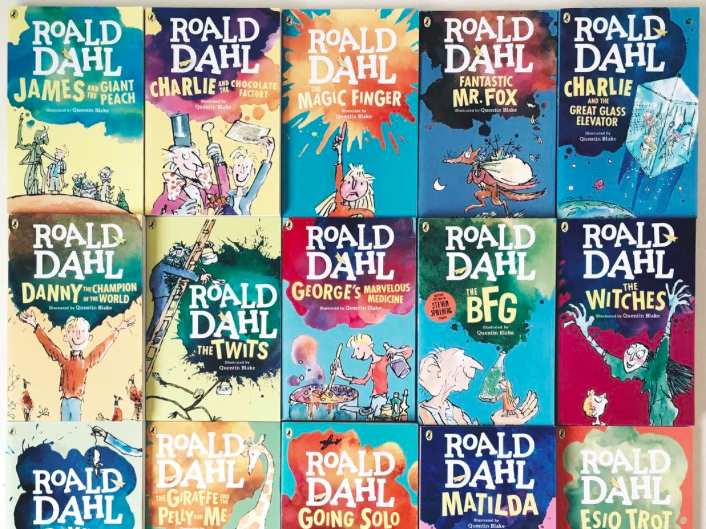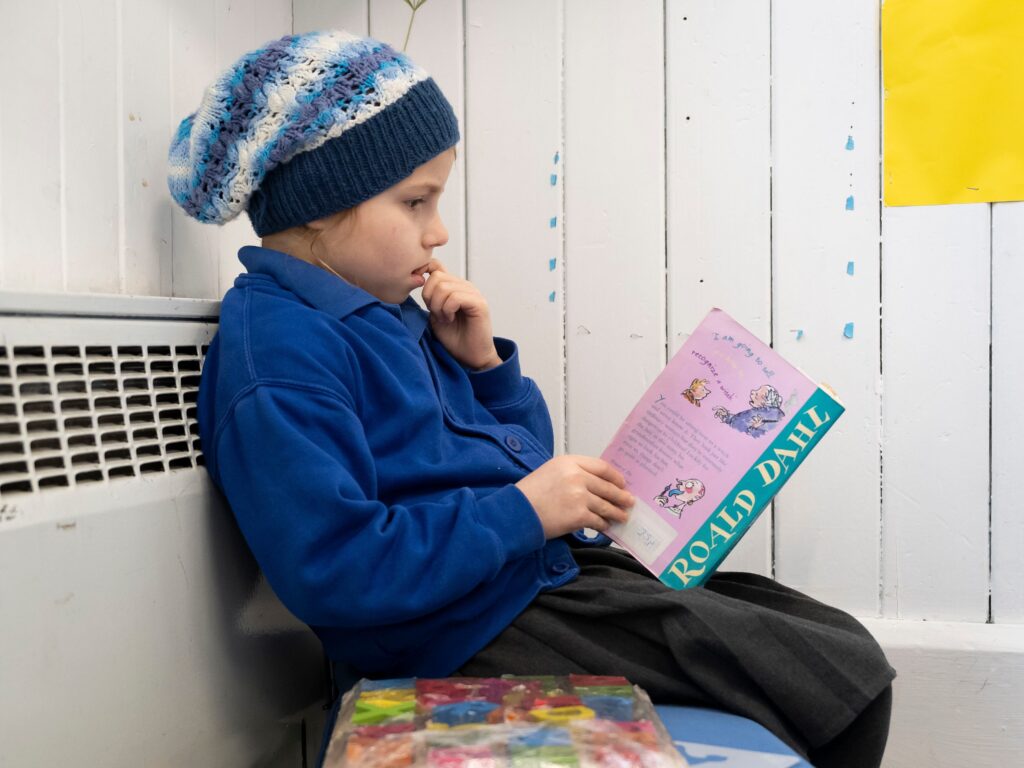- Language in the latest editions of some Roald Dahl books has been changed, The Telegraph reported.
- Sensitivity readers have removed words including "crazy," "fat," and "ugly" from the books.
- The Roald Dahl Story Company said the changes mean the books "can continue to be enjoyed by all."
The latest editions of Roald Dahl's much-loved children's books have been altered to remove words such as "fat," "ugly," and "mad," The Telegraph first reported.
Roald Dahl, who died in 1990, is one of the most successful authors of all time. His 43 books — including more than 20 for children — have sold more than 250 million copies, according to WordsRated.
In a note at the beginning of the new editions, cited by The Telegraph, publisher Puffin said some text had been rewritten to ensure that Dahl's books "can continue to be enjoyed by all today."
The Roald Dahl Story Company, which manages the copyright of Roald Dahl's books and collaborated with Puffin to update the texts, said that "the irreverence and sharp-edged spirit" of the original books had not been lost.
Puffin and the Roald Dahl Story Company hired sensitivity readers from Inclusive Minds, which calls itself "a collective for people who are passionate about inclusion, diversity, equality and accessibility in children's literature."

The word "fat" has been cut from all of Dahl's kids' books, according to The Telegraph. Augustus Gloop, from "Charlie and the Chocolate Factory," is now simply "enormous" rather than "enormously fat." Aunt Sponge, from "James and the Giant Peach", is no longer "the fat one."
The word "ugly" has also been removed. Rather than being "ugly and beastly," Mrs Twit of "The Twits" is now simply "beastly." Terms such as "crazy" and "mad," which Dahl used on numerous occasions, have also been cut.
The new editions also try to modernize the books' portrayal of women. The suggestion that something might be "not ladylike" has been switched to "undignified" in "Charlie and the Chocolate Factory."
References to "female" characters have also been replaced: In "Matilda," Miss Trunchbull — once a "most formidable female" — is now a "most formidable woman."
In "The Witches," a paragraph explaining that the much-feared witches are bald underneath their wigs now adds: "There are plenty of other reasons why women might wear wigs and there is certainly nothing wrong with that."
They've also opted for gender-neutral terms, where possible. "Mothers and fathers" has become "parents" and the "Cloud-Men" of "James and the Giant Peach" are now "Cloud-People."
A representative for the Roald Dahl Story Company told Insider: "We want to ensure that Roald Dahl's wonderful stories and characters continue to be enjoyed by all children today. When publishing new print runs of books written years ago, it's not unusual to review the language used alongside updating other details including a book's cover and page layout. Our guiding principle throughout has been to maintain the storylines, characters, and the irreverence and sharp-edged spirit of the original text. Any changes made have been small and carefully considered.
"As part of our process to review the language used we worked in partnership with Inclusive Minds, a collective for people who are passionate about inclusion and accessibility in children's literature. The current review began in 2020, before Dahl was acquired by Netflix. It was led by Puffin and Roald Dahl Story Company together."
Netflix bought the rights to Dahl's stories in October 2021 for an undisclosed sum thought to be in the hundreds of millions.
Puffin and Inclusive Minds did not immediately respond to requests for comment from Insider made outside normal working hours.










